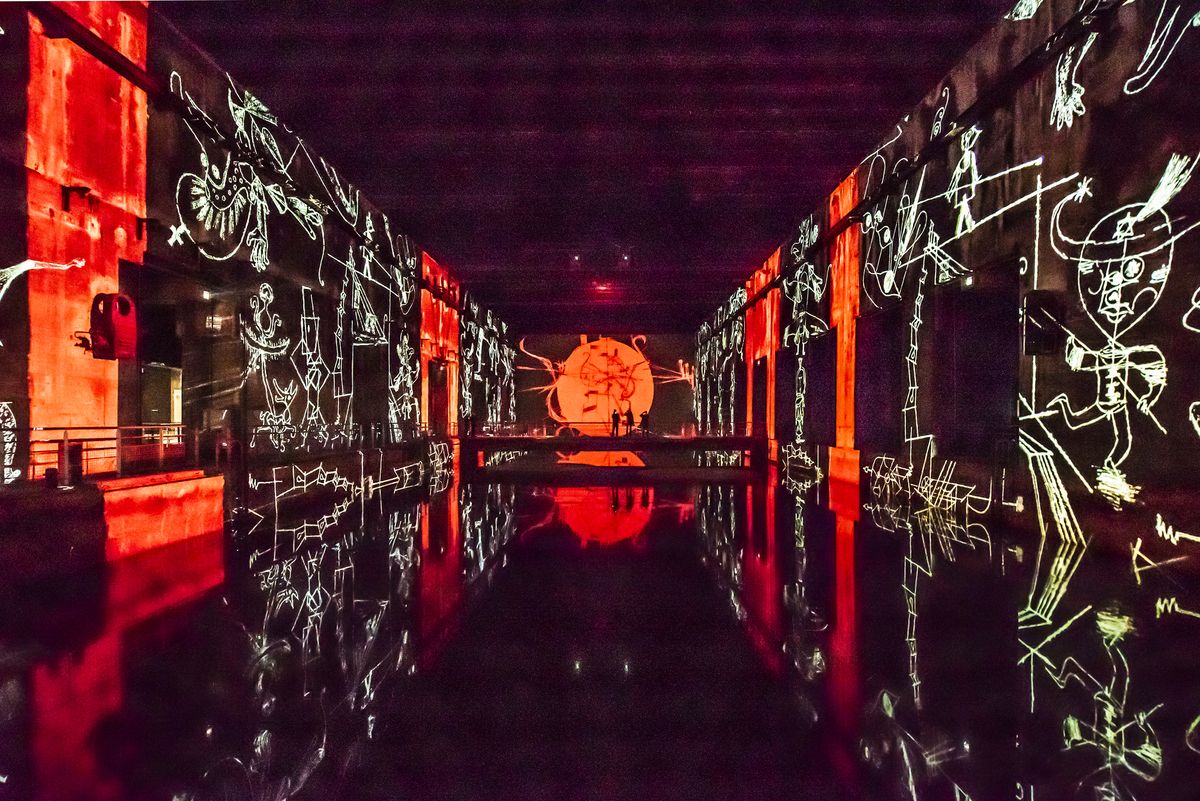

A high resolution projector will let you minimize the loss of detail when compressing your image files.


#DIGITAL PHOTO PROJECTORS 1080P#
So any picture taken on that little Nikon needs to be digitally compressed in order to display it on a 1080p projector. An HD 1080p projector has a physical pixel matrix of 1920x1080, or about two million pixels. A Nikon Coolpix 5700 5MP camera has a physical pixel matrix of 2560x1920, or just about five million pixels. So it may come as a surprise to realize that today's "high definition" HD 1080p projectors are less than half the physical resolution of a typical pocket-size 5 megapixel point and shoot camera. We tend to think of today's 1080p projectors as being the ultimate in high resolution. (There are higher resolution projectors, but at the moment they are extremely expensive, so we won't spend any time discussing them here.) For most people, that will be a high definition 1080p projector, with a physical pixel matrix of 1920x1080 pixels. So to minimize the loss of detail, choose the highest resolution projector you can afford. Today's digital cameras and film scanners can capture more detail and texture than can be projected on a digital projector. The more pixels you have to work with, the more detail you can successfully transfer from your image source to the screen. One of the most important features of a great projector for photography is high pixel resolution. In Part Two, we will take up the other key factors of contrast, sharpness, and color balance. Here we will examine practical issues related to high native resolution. There are four important attributes that make for a great photography projector: I use every aspect ratio format from landscape/widescreen to vertical portrait to square (if you are curious, you can see my work at So, the big question for me is which projectors would I use to show my own work? What would I recommend to others? Let's consider the issues. I work in black/white as well as color, and use both film and digital cameras. The question is - what are the best projectors for photography? As an avid photographer myself I have tackled this question with great personal interest. But the truth is, showing photographs to the family, or the camera club or other group setting is one of the best applications for today's digital projectors. No surprise, I guess, because while projector makers promote their products for home theater, business presentation, and classroom use, they rarely mention photography as a unique application of its own. Many people still have not realized that today's high resolution digital projectors can deliver the same family experiences as the Kodak slide projectors of the past. The communal big screen experience of a projected image got lost.

Instead of being projected, people began to expect photographs to be viewed on computer screens and cellphone displays. Somewhere along the line, the digital revolution changed the expectations of how photographs could or should be experienced. And it was a great way for families to remember and re-live special times. People used to load their cameras with Kodachrome anticipating that the photos they took would be shown and experienced as large, brilliant, projected images in a family or communal setting. For millions of families back then, the homemade slide show was the only "big screen" experience that existed in the home. There was always something riveting and a bit magical in seeing warmly remembered people and places come alive on the big screen in living color. When I was a boy, my father would often set up a pop-up screen, light up the Kodak carousel slide projector, and put on a show of 35mm slides that he'd taken of our family vacations.


 0 kommentar(er)
0 kommentar(er)
